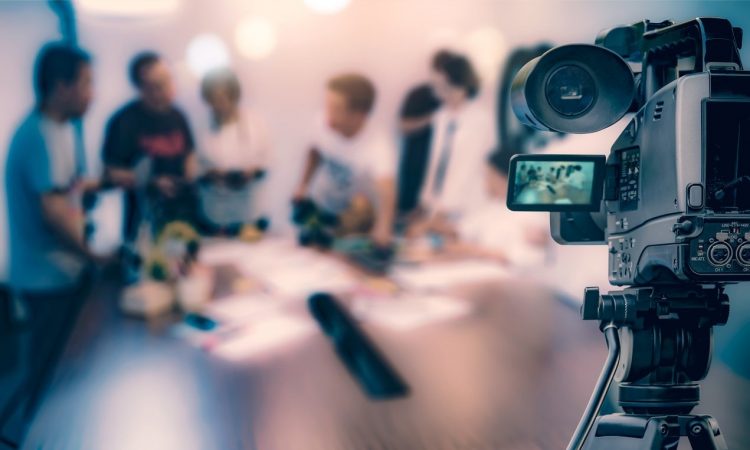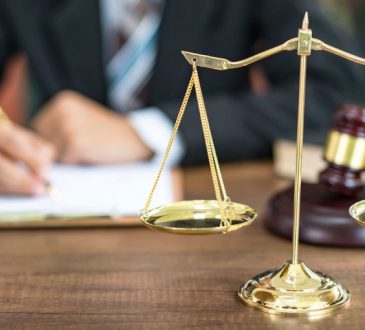
Video depositions, more common today than ever before, can be incredibly powerful tools in court. When done well, video depositions can underscore a plaintiff’s or defendant’s position, or jeopardize the opposing party’s otherwise-solid case. However, if care is not taken to present deponents in the best possible light, the result might be devastating to your client’s case.
Taking the following proactive steps to prepare for the video deposition could improve the chances of winning your client’s case:
- Notification: Preparing someone for a video deposition involves more than simply notifying the individual that he or she will be deposed on a certain date and time. Let the client or witness know that the format will be video rather than oral, and provide relevant information about obtaining login credentials if remote attendance is an option.
- Organization: Organize reference material for the witness, if applicable. Using case management software or another means of electronic organization might ensure case materials are readily available, when needed. Taking this step can make your witness feel more in control of the situation which, in turn, could make him or her more comfortable and confident.
- Arrange for a specialist: Using a certified legal video specialist to record the deposition means the video is produced professionally, using high-quality video and audio equipment. This step may help position the deponent in a more favorable light. If you choose to record your video deposition, be sure to first test the equipment to avoid technical issues.
- Witness preparation: In many respects, playing a video deposition is similar to putting a witness on the stand. As such, it is imperative to adequately prepare deponents for their moments in front of the camera. Critical areas to address include the client’s or witness’s appearance —e.g., choice of clothing, personal grooming, body language, demeanor and responsiveness to questions posed.
- Prepare the space: The focus of a video deposition should, of course, be on the deponent and what he or she is saying. Keep this in mind when determining where the deposition will occur. Stay away from distracting artwork in the background, windows, or anywhere with visible or audible foot traffic. Consider also how the room’s lighting will portray the witness. Try to avoid a situation where the deponent is in the shadows.
- Practice and coaching: Some attorneys and paralegals routinely use mock video depositions as a key part of their witness preparation process. Doing so helps identify problematic body language, posture, tone of voice, facial expressions and responses.This gives the legal team an opportunity to address these potential issues before the real deposition.
- Prepare objections: While the witness is the star of the video deposition, counsel also has an opportunity to shine (or at least be prepared) by anticipating the need to object to opposing counsel’s line of questioning during the deposition. Just as it is often a good idea for witnesses to practice responses to anticipated questions, counsel should also practice objections to present them in an appropriate tone and manner.
- Silence personal electronics: All attendees — including attorneys and staff — should turn off or silence their cellphones and other electronic devices before the start of the deposition.
For additional tips to help successfully prepare your clients and witnesses for video depositions, view our accompanying resource.






